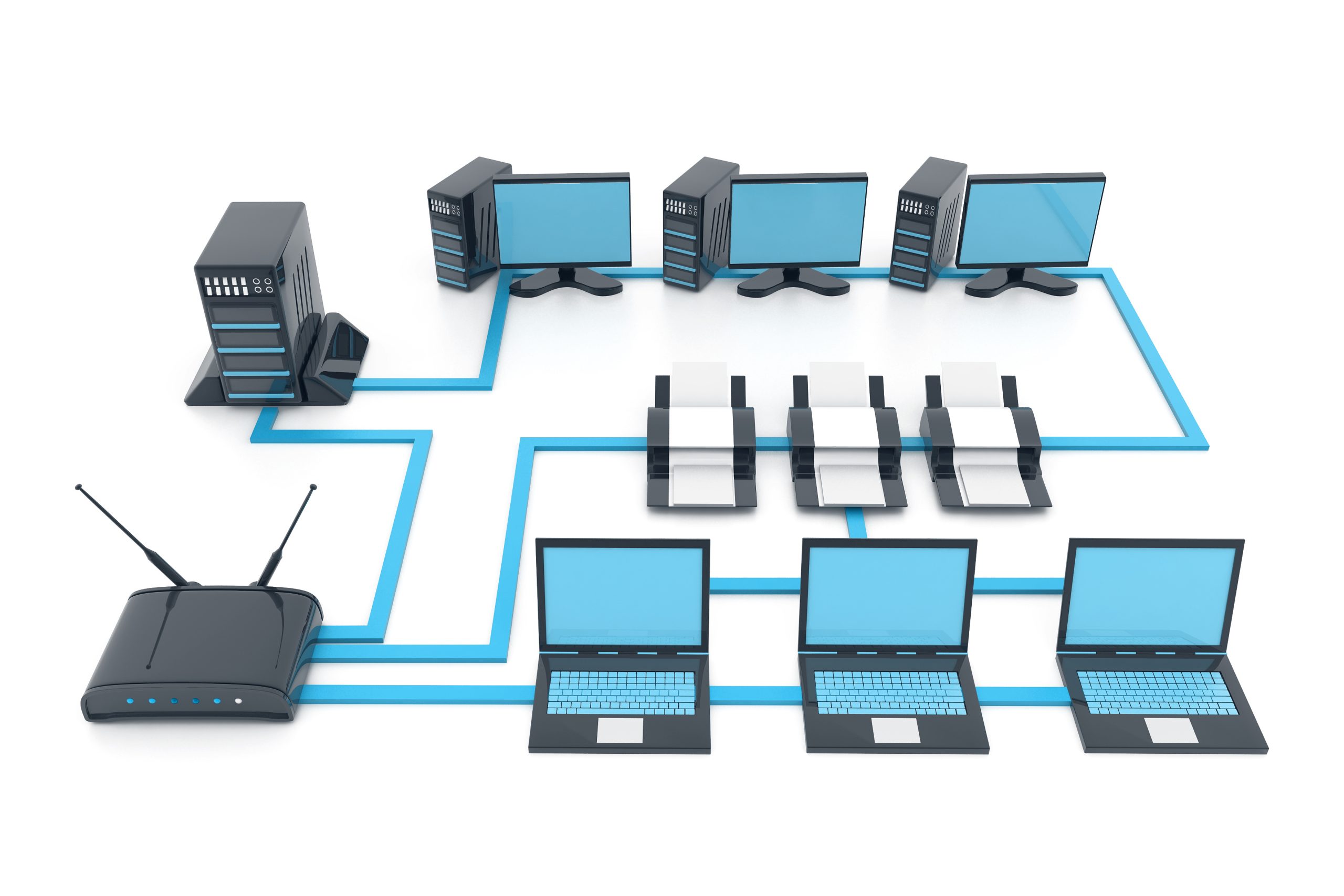
- Posted on
- pidoxaadmin
Why Small Businesses Should Implement Good Network Maintenance Policies
As a network systems administrator, I have seen firsthand how crucial it is to maintain and manage networks regularly, especially in small businesses. In today’s digital age, where almost every business operation relies on technology, the importance of regular network management cannot be overstated.
One of the primary reasons for this is security. Cybersecurity threats are constantly evolving, and without proper network management, your business could become vulnerable to attacks. Regular updates, patch installations, and system checks can help identify potential vulnerabilities before they’re exploited by malicious actors.
Moreover, regular network management ensures optimal performance. Just like a car needs regular servicing to run smoothly, so does a computer network. Routine maintenance tasks such as cleaning up unnecessary files, updating software, and checking hardware health can prevent slowdowns or crashes that could disrupt business operations.
In addition, it aids in disaster recovery planning. Regular backups are an essential part of any robust network management strategy. In the unfortunate event of data loss due to a system failure or cyber attack, having recent backups can significantly reduce downtime and help get your business back on track quickly.
Regular network management also plays a pivotal role in scalability. As businesses grow, their technological needs change. Regularly reviewing and adjusting your network infrastructure ensures it can handle increased traffic and new applications without hiccups.
Furthermore, regular network management helps with cost control. By identifying inefficiencies or obsolete equipment early, you can avoid costly upgrades or repairs down the line. It also prevents potential financial losses due to downtime caused by neglected maintenance issues.
In conclusion, regular network management is not just a good practice; it’s an imperative for small businesses in today’s digital landscape. It ensures security, optimizes performance, aids disaster recovery planning, supports scalability, and controls costs. As a network systems administrator, I strongly recommend investing time and resources into this critical aspect of business operations.
Remember, the health of your network directly impacts the health of your business. So, let’s keep those networks running smoothly!

